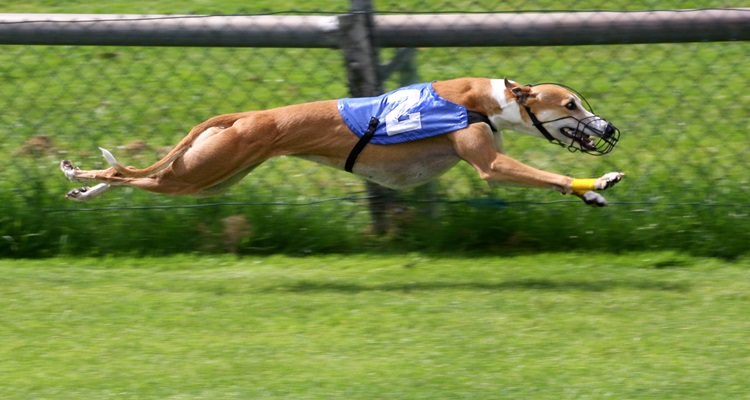In a first of its kind ruling, Florida gambling regulators have reportedly given casino operator West Flagler Associates Limited permission to close the dog racing track at its Magic City Casino and replace it with a jai-alai fronton all the while keeping its selection of some 800 slot machines.
According to a report from the Miami Herald newspaper, the Wednesday decision from the Florida Department of Business and Professional Regulation via its Division of Pari-Mutuel Wagering ends a long-running legal dispute between officials in Tallahassee and the suburban Miami casino that had gone all the way to the state’s Third District Court of Appeal.
The newspaper reported that West Flagler Associates Limited’s first attempted to obtain a permit to close its Magic City Casino dog racing track in preference to summer jai-alai while keeping its slots in 2011 but the operator was ultimately turned down by the Florida Division of Pari-Mutuel Wagering. Ostensibly at issue was whether the regulatory term “licensed parimutuel facility” referred to an actual racetrack or fronton structure as opposed to the specific piece of land on which such activities took place.
After the Third District Court of Appeal ordered the state regulator to re-visit the issue in May, the Florida Department of Business and Professional Regulation made a ruling last week. Stating it was “apparent” that the legislature had intended the term “licensed parimutuel facility” to refer to “the physical location or piece of property utilized for parimutuel wagering rather than just the racetrack or jai-alai fronton itself”.
“The jai-alai fronton is going to take up significantly less space than the greyhound track so this frees up West Flagler [Associates Limited] to develop its property to the highest and best use,” John Lockwood, a lawyer working on behalf of the casino operator, reportedly told the News Service of Florida on Thursday.
The Miami Herald reported that Hartman and Tyner Incorporated along with H&T Gaming Incorporated, which operates the rival greyhound-racing Mardi Gras Casino some 21 miles away in Broward County, had sought to intervene in the case. By arguing that West Flagler Associates Limited was asking regulators to establish “a new and completely unfounded policy that improperly expands the types of permits eligible for slot machine gaming beyond what the plain terms” of state law allows.
However, in its decision, the Florida Department of Business and Professional Regulation reportedly asserted that the pair had not shown “with particularity what real and immediate injury or impact the outcome of the declaratory statement would have had on the intervenors”.
“It is pretty clear that the [Florida Department of Business and Professional Regulation] intends for this to not have any far-reaching effects but, once again, John Lockwood has masterfully used a unique set of circumstances to create a positive outcome for his client,” Scott Ross, a lobbyist that represents other Florida gambling operators, reportedly told the Miami Herald.
The newspaper reported that West Flagler Associates Limited is additionally responsible for the Naples-Fort Myers Greyhound Track and holds a 25% stake in a jai-alai fronton in nearby Dania Beach. While the family-owned firm’s Vice President, Isadore Havenick, proclaimed that he had sought to end dog races at Magic City Casino because “nobody wants to watch them”.
The Miami Herald explained that Havenick has long pushed Florida lawmakers to allow local parimutuel venues to “decouple” from a requirement that sees them obliged to feature live horse or dog races in order to offer more lucrative gambling activities such as slot machines and live poker.
“Since decoupling hasn’t happened and since jai-alai has to run fewer performances than dogs do, we said if we have two permits at the same location why can’t we switch sports that we do here,” Havenick reportedly told the News Service of Florida. “Nobody’s watching. Our dog men complain that they have to come over to Miami and deal with Miami when they get no customers in the stands. So this is a way for us to try a new sport and see if we can make a go of that.”



